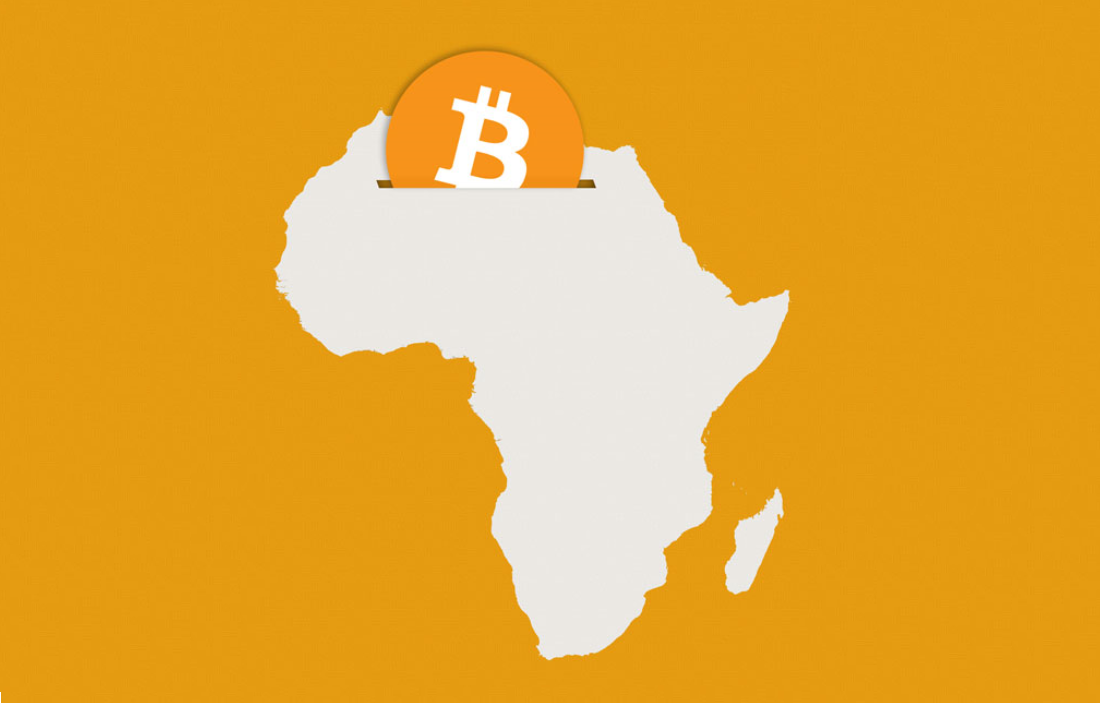Bitcoin Seeks New Life in Africa

Recent months have not been kind to proponents of Bitcoin, the virtual peer-to-peer currency that soared to a value of over $30 last summer on a surge of public interest and media reports.
The currency operates over the Internet with no central control. But now its 15 minutes of fame appear to be over. Reports of a $500,000 digital heist last year were followed by wild volatility in the value of a bitcoin, which has now dropped to around $5. Last month, one large exchange where bitcoins could be traded for dollars unexpectedly closed because of what it called “increasing regulation.”
Now some in the Bitcoin community, a blend of people motivated by libertarian politics and commitment to open-source software, are beginning to wonder if their pet currency may have brighter prospects in the developing economies of Africa. German software developer Rüdiger Koch, a consultant to the U.K.-based bitcoin exchange Intersango, recently traveled to speak at the Mobile Money Africa event in Lagos, Nigeria. There, Koch told the audience of businesspeople and government officials that Bitcoin could support a system of robust, low-fee mobile payments for anyone whose cell phone has a camera.
“Many of them were interested in how Bitcoin could be useful,” says Koch. His talk in Nigeria was intended to launch a dialogue that could lead Intersango or others to launch practical Bitcoin-based mobile payment systems for Africa. Koch has also visited several African embassies in Berlin to introduce government officials to the currency.
The first version of the software needed to create and exchange bitcoins made its mysterious appearance on the Internet in 2009 (a person identifying online as Satoshi Nakamoto, who has never come forward publicly, created that software and the underlying system). The coins are impossible to fake and can be created and used without any central authority, such as a central bank. The work of generating bitcoins and verifying transactions is shared among the users of the software, all protected by sophisticated mathematics.
In the United States and Europe, Bitcoin’s meteoric rise was mostly driven by speculators; hardly anyone used the currency to actually pay for goods and services. Koch thinks things could be different in Africa, where a universal, electronic currency could solve real problems. Fast-growing African economies such as those of Kenya and Nigeria rely heavily on cash transactions, particularly in rural areas where there are no ATMs and few people have bank accounts. In some places, large networks of illegal money changers are used for cross-border payments.
That situation is part of the reason for the early success in Africa of mobile-phone payment systems such as Kenya’s M-Pesa, which allows users to send each other money using text messages. Koch believes that mobile payments built around Bitcoin could be even more useful. “It’s interesting to see how creative Africans can be about transferring money,” says Koch. “They really think seriously about a cashless society.”
Open-source technology created by the Bitcoin community could be used to create simple mobile apps for payments accessible to almost any phone with a camera, says Koch. Use of smart phones is now growing rapidly in some African countries, particularly Kenya, as prices for models using Google’s Android software have dropped rapidly. He imagines a design similar to the Bitcoin for Android app, which allows one person to transfer bitcoins to another by using a phone to snap a photo of a 2-D bar code or QR code on the screen of another phone. “People could exchange money when they meet on the street,” says Koch.
The decentralized design of Bitcoin means a payment system that uses the currency would easily span national borders and could avoid system-wide outages like those suffered by M-Pesa in December, which left users unable to do business. “All centralized systems have the same problem,” says Koch. “If you rely on it and you don’t have a way to pay, then you are in trouble.”
Tonny Omwansa, an academic at the University Of Nairobi, Kenya, studies payment systems and recently published a book on M-Pesa. “The low financial inclusion, low penetration of formal financial services, and uptake and penetration of mobile phones make mobile payments very valuable,” he says. However, he notes, users currently run the risk of “dependence on a supplier which is monopolistic.”
Mobile payments built on top of Bitcoin’s decentralized design could avoid that risk. But Omwansa says that although he is familiar with Bitcoin, most in Africa are not. “Hardly anyone I know has heard about it,” he says.
Keep Reading
Most Popular
Large language models can do jaw-dropping things. But nobody knows exactly why.
And that's a problem. Figuring it out is one of the biggest scientific puzzles of our time and a crucial step towards controlling more powerful future models.
The problem with plug-in hybrids? Their drivers.
Plug-in hybrids are often sold as a transition to EVs, but new data from Europe shows we’re still underestimating the emissions they produce.
Google DeepMind’s new generative model makes Super Mario–like games from scratch
Genie learns how to control games by watching hours and hours of video. It could help train next-gen robots too.
How scientists traced a mysterious covid case back to six toilets
When wastewater surveillance turns into a hunt for a single infected individual, the ethics get tricky.
Stay connected
Get the latest updates from
MIT Technology Review
Discover special offers, top stories, upcoming events, and more.